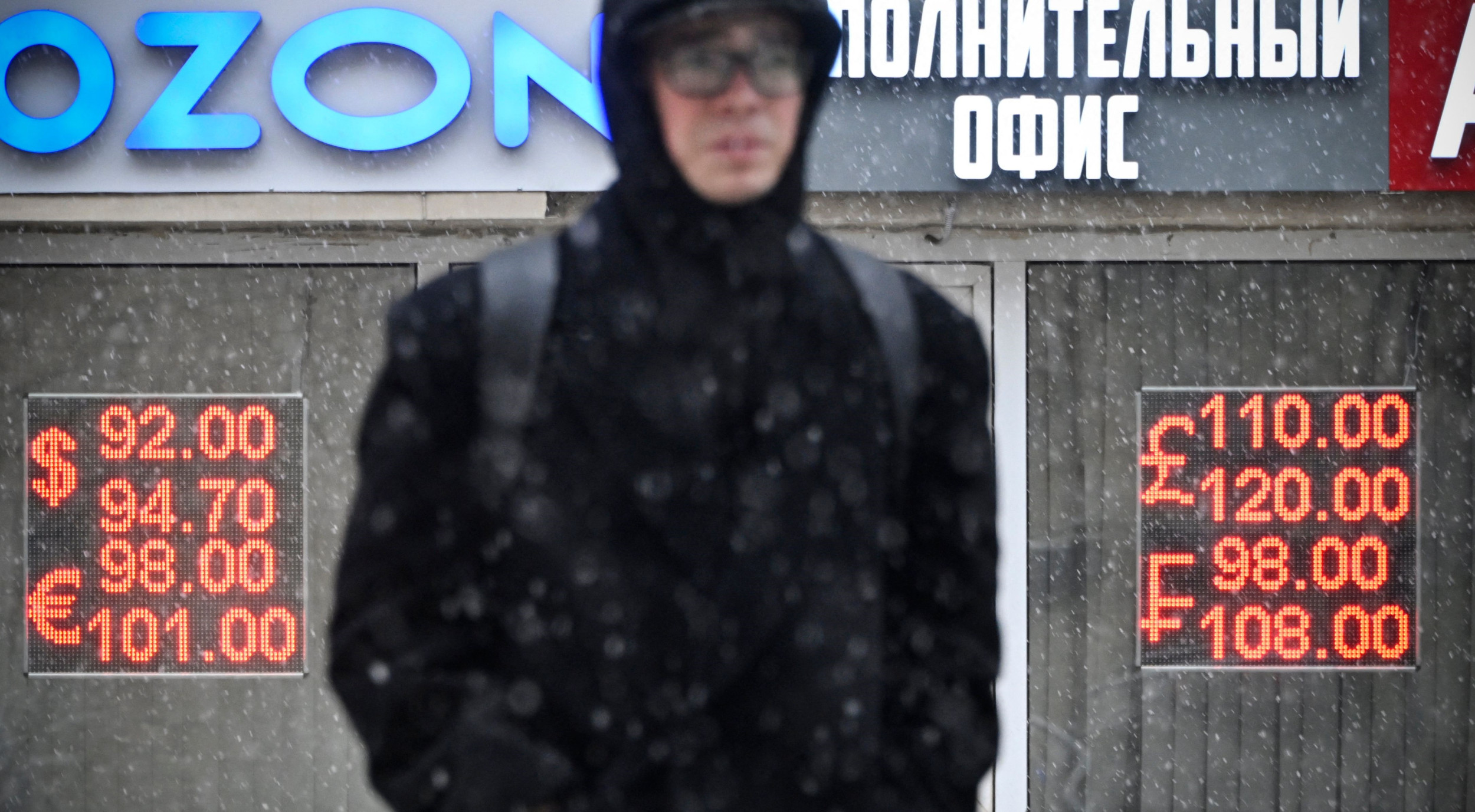Japan will begin releasing wastewater from the Fukushima Daiichi nuclear power plant into the Pacific Ocean on Thursday.
"I have asked Tepco [the power plant's operator, Tokyo Electric Power] to swiftly prepare for the water discharge in accordance with the plan approved by the Nuclear Regulation Authority, and expect the water release to start on August 24, weather conditions permitting," Japanese Prime Minister Fumio Kishida said on Tuesday.
This comes 12 years after the Fukushima nuclear disaster, during which the Tōhoku earthquake and tsunami caused the power plant to lose power and go into nuclear meltdown.
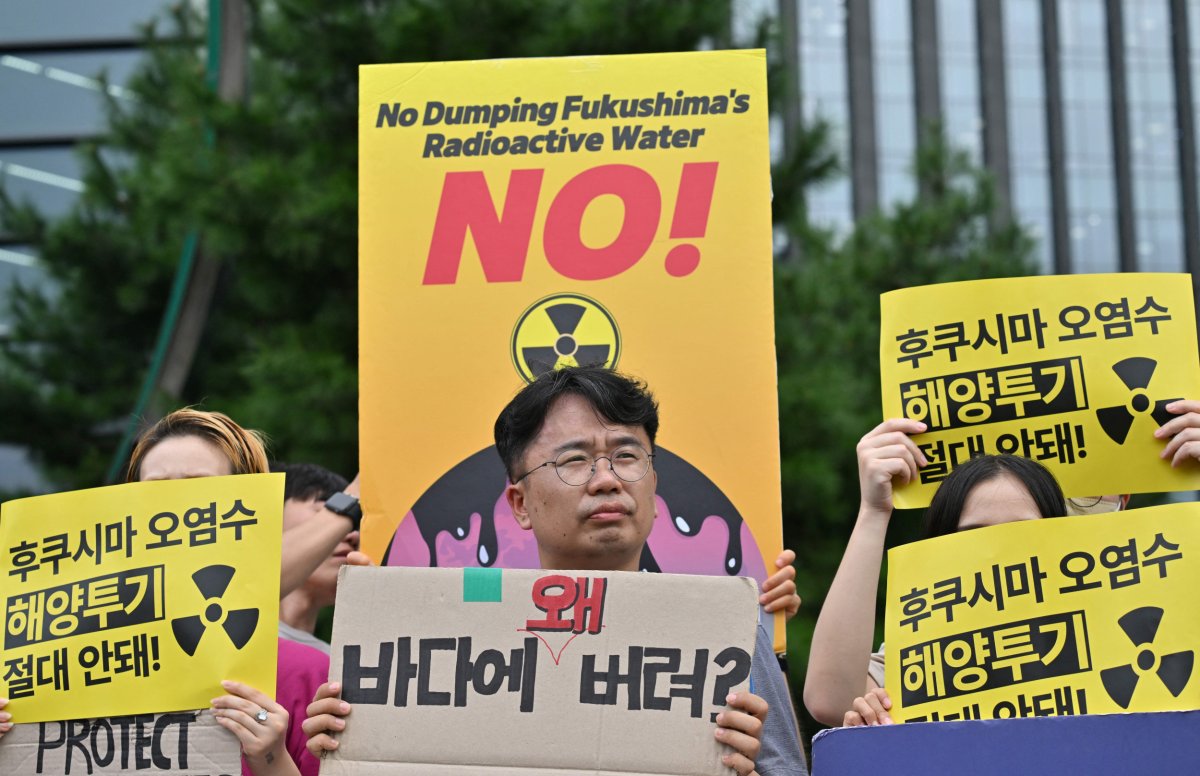
The plant has accumulated around 1.34 million tonnes of water in the decade since, enough to fill 500 Olympic swimming pools, which will be released from Thursday for the next 30 years, via an underwater tunnel. The first discharge will total 7,800 cubic metres, and be released over about 17 days.
This move has been expected, as it comes after a two-year review by the International Atomic Energy Agency, which found that the plan to release the water was consistent with international safety standards.
However, there has been an outcry at the decision, especially among nearby nations that rely on Japan's seafood exports, including Hong Kong, China and South Korea. These concerns arise from the fact that the water is contaminated with tritium, a radioactive form of hydrogen, with two extra neutrons in its nucleus.
"At first, this sounds like a terrible idea, but in fact, it is sensible and safe. Similar releases have occurred around the world for decades, and nothing bad has ever happened," Nigel Marks, an associate professor in physics and astronomy at Curtin University in Australia, said in a statement.
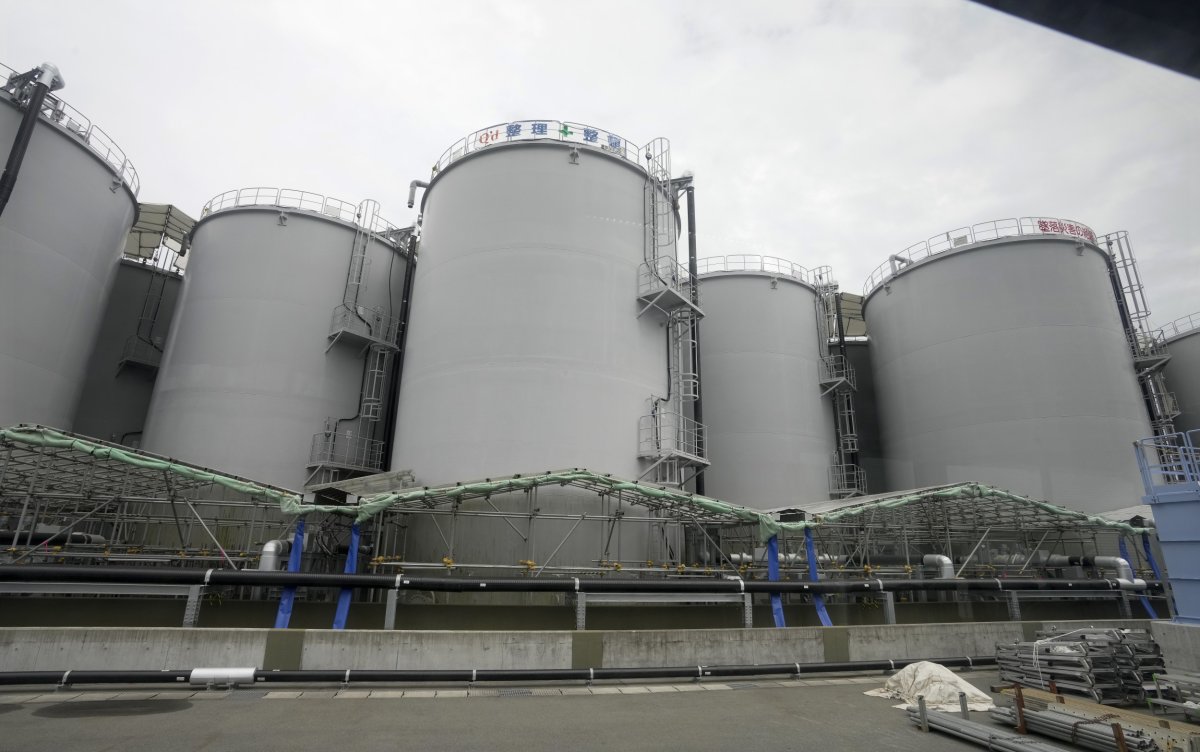
The water will be diluted to contain 1,500 becquerels of tritium per liter of water. Japan's regulatory limit allows for 60,000 becquerels per liter, while the World Health Organization allows a maximum of 10,000.
"The radioactivity in the Fukushima water is almost entirely tritium, a form of hydrogen. For scale, the Pacific Ocean contains 8,400 grams of pure tritium, while Japan will release 0.06 grams of tritium every year. The minuscule amount of extra radiation won't make the tiniest jot of difference. A lifetime's worth of seafood caught a few kilometres from the ocean outlet has the tritium radiation equivalent of one bite of a banana," Marks explained.
"In South Korea and Pacific Rim nations, a disinformation campaign has whipped the public into a frenzy about the release. In truth, almost everything is radioactive, including the Pacific Ocean, where tritium accounts for a modest 0.04 percent of total radioactivity. Increasing this tiny amount by a tiny amount is hardly end-of-the-world stuff. It is time for informed scientists to stand up and be counted, and face down the doomsayers."
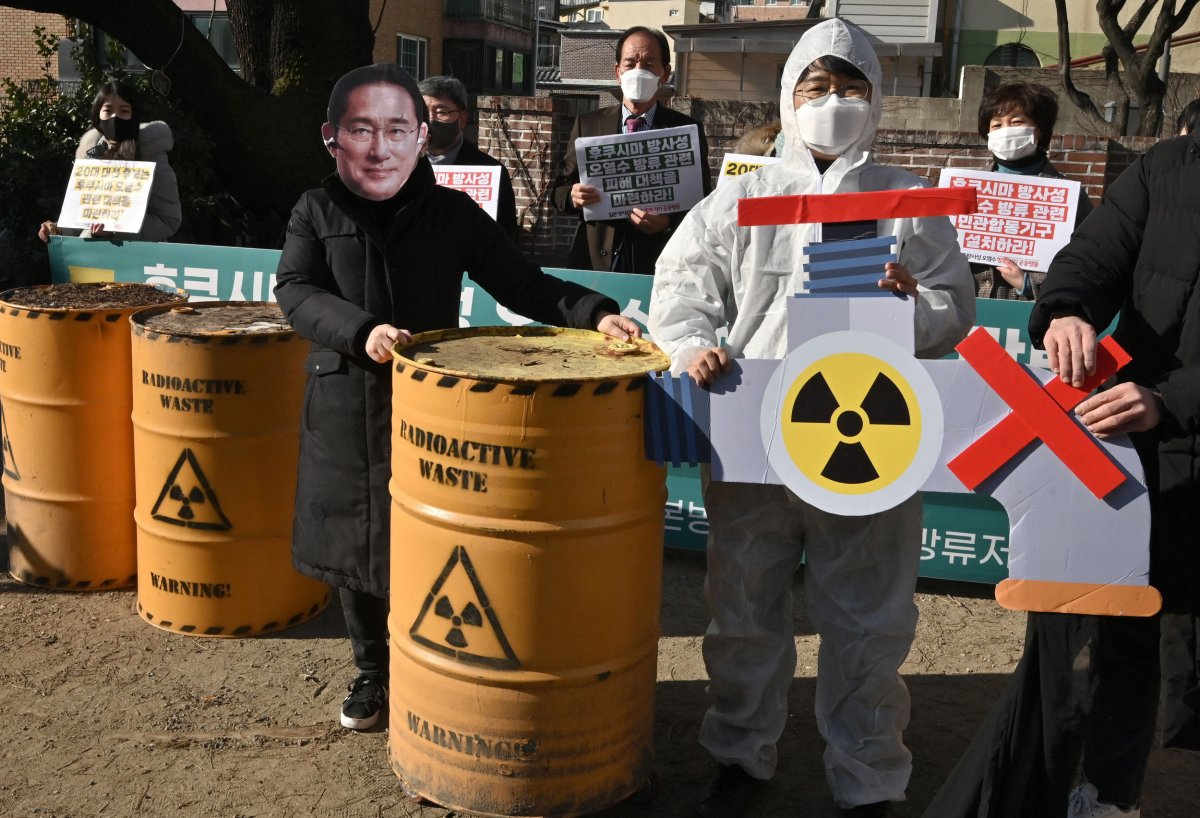
The amount of radioactivity in the water will be minuscule compared to even natural background levels.
"The water is slightly radioactive but not at all to a dangerous level. A report by the IAEA concluded that radiation doses to people and the environment will be extremely low," Jim Smith, a professor of environmental science at the University of Portsmouth, told Newsweek.
"The doses to consumers of high levels of seafood from the Fukushima area are expected to be no higher than 1 microsievert per year - this is more than 2,000 times lower than the annual radiation dose we all get from sources of natural radiation such as cosmic rays and natural potassium-40 in the ground and in our bodies."
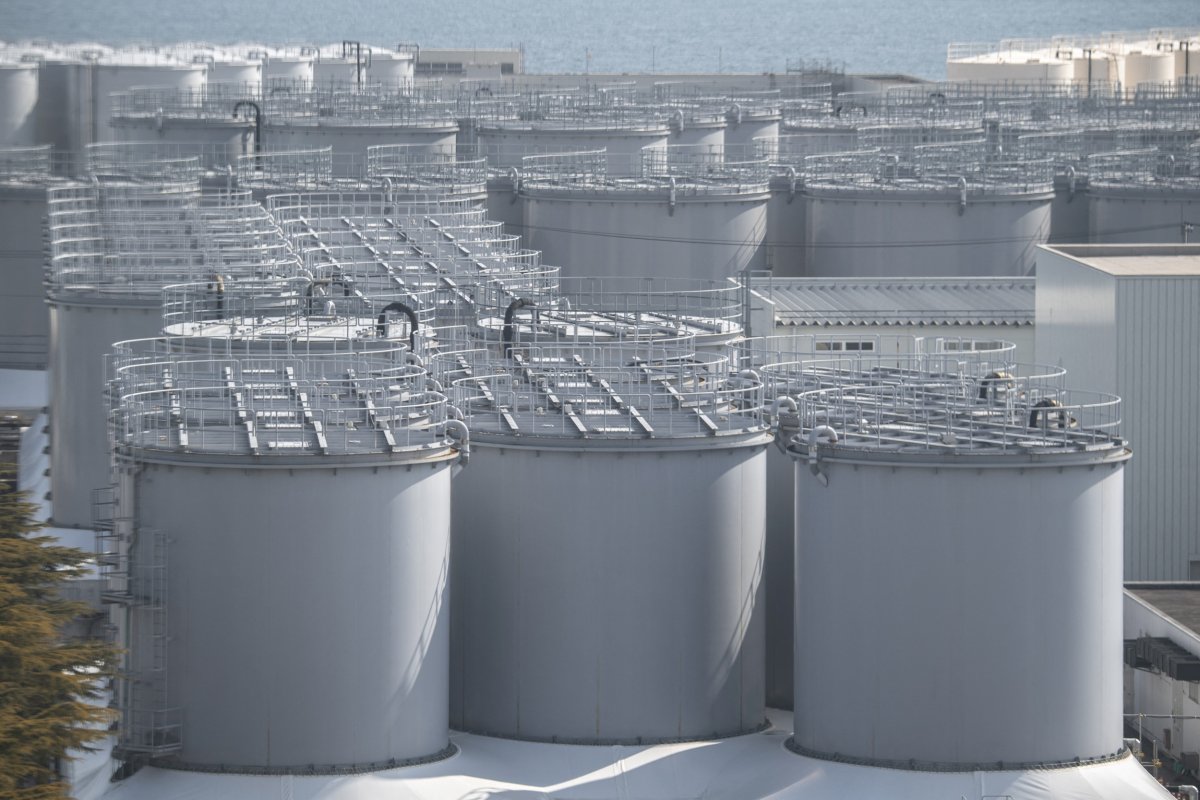
This method of disposal has been used multiple times before, Smith explains.
"There are sites in China and South Korea discharge 3 times more radioactive tritium than the Fukushima release. The La Hague site in Northern France discharges about 450 times as much tritium than the Fukushima release and has been doing so for decades. No significant radiation doses have occured from these releases," he said. "Discharges of small amounts of radioactivity go on around the world at nuclear sites and don't cause significant radiation doses to people or the environment."
However, other experts argue that this approach to the disposal of polluted water isn't ideal.
"Japan's plan to begin releasing the treated, contaminated cooling water into the Pacific Ocean is premature, and presently, ill-advised," said Robert Richmond, director of the Kewalo Marine Laboratory at the University of Hawaii at Manoa and a member of the Expert Scientific Advisory Panel to the Pacific Islands Forum.
"The ocean is a precious and shared resource for all humankind, now and for generations to come. The supporting Radiological Environmental Impact Assessment prepared by TEPCO is deficient and inadequate, as are the monitoring plans and approaches which do not address ecosystem protection, only detection," he explained.
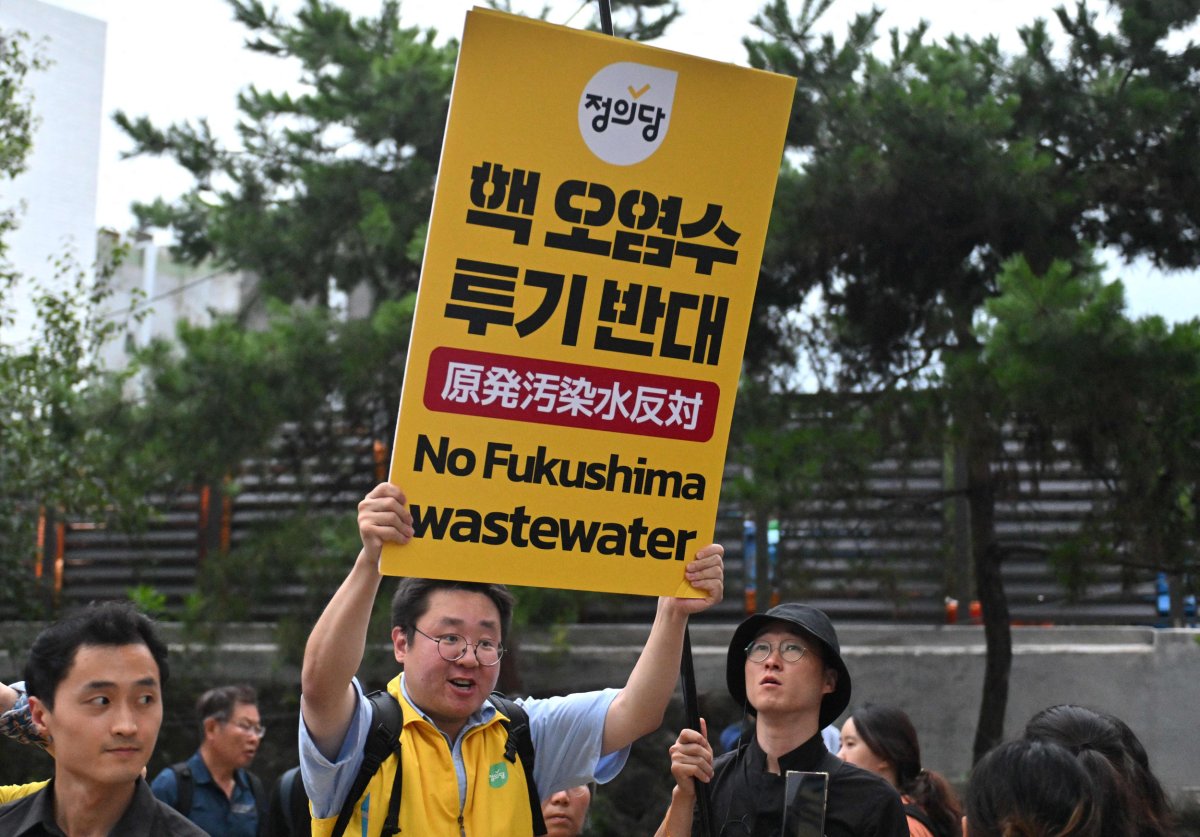
Richmond explained that the fate of particular radionuclides in marine sediments has not been described in the assessment, nor has the bioaccumulation in marine organisms.
"Importantly, the potential negative effects and impacts of this activity are not independent from the multitude of stressors already affecting ocean health and that of the people who depend on it, including pollution from pesticides, heavy metals, industrial wastes, hydrocarbons, plastics, climate change, and ecosystem disruptions tied to over-exploitation of resources," Richmond said. "The peoples of the Pacific did not contribute to the present problems and have nothing to gain from Japan's plan for the contaminated water release over the next 30+ years, but have much at risk for generations to come, in violation of the precautionary principle as well as transboundary safety considerations."
The Pacific Island Forum Scientific Panel suggested that issues like this could be solved using alternative solutions, such as by using the wastewater to make concrete, rather than dumping it into the ocean.
"Whilst this disposal plan meets the scientific and regulatory requirements for the disposal of radiation into the sea, and no environmental or human health impacts are likely to be observed, there is a growing question regarding the use of the sea as a dumping ground when our oceans are already stressed and struggling," said Tony Hooker, an associate professor and director of the Centre for Radiation Research, Education and Innovation at the University of Adelaide.
"Dilution is no longer the solution to pollution, so whilst the Japanese may dispose of their wastewater in the interim, it would be a good opportunity to look at other disposal methodologies in the future."
Do you have a tip on a science story that Newsweek should be covering? Do you have a question about Fukushima? Let us know via science@newsweek.com.
Uncommon Knowledge
Newsweek is committed to challenging conventional wisdom and finding connections in the search for common ground.
Newsweek is committed to challenging conventional wisdom and finding connections in the search for common ground.
About the writer
Jess Thomson is a Newsweek Science Reporter based in London UK. Her focus is reporting on science, technology and healthcare. ... Read more
To read how Newsweek uses AI as a newsroom tool, Click here.






